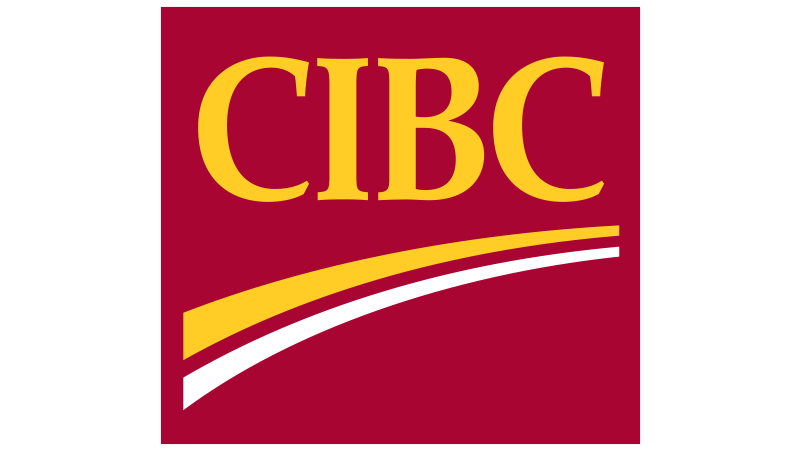CMA Guides
Practical Information for Today's Marketer
The CMA offers the following guides and mini-guides to help marketers better understand the laws and rules that they must follow in the work that they do every day.You might also want to refer to the Canadian Marketing Code of Ethics and Standards.
In addition to guidance, the CMA actively advocates with government on behalf of the marketing profession in key policy areas. To learn more, visit our Policy Topics page.
Have questions? Connect with us.
List of Available Guides
This guide contains information on implementing Canada's federal privacy law, the Personal Information Protection and Electronic Documents Act (PIPEDA) and the seven compulsory privacy requirements that are detailed in the Canadian Marketing Association's Canadian Marketing Code of Ethics & Standards.
PIPEDA came into effect across Canada on January 1, 2004, setting the rules for the collection, use and disclosure of personal information by Canadian organizations in the course of commercial activities.
Download Overview
Overview-CMA-Privacy-Compliance-Guide
CMA Members - Download Full Guide
CMA-Privacy-Compliance-Guide-Members
Download Overview
Overview-CMA-Permitted-Cannabis-Marketing-Activities-Guide
CMA Members - Download Full Guide
CMA-Permitted-Cannabis-Marketing-Activities-Guide-2019
This guide sets out a Transparency Framework to help organizations provide clear, user-friendly information about how consumers’ personal information is collected, used and shared. CMA members and the marketing industry can use this
information to tailor their privacy policy and practices to suit their sector, business model, consumers' preferences and products.
The Guide will help companies comply with new Guidelines for Meaningful Consent,
issued by the Office of the Privacy Commissioner, which came into effect on January 1, 2019. It is the latest in a series of tools created by the CMA to help Canadian marketers maintain high standards of professional conduct.
The Guide reflects consumers' perspectives on transparency, gleaned from two research studies commissioned by the CMA and released in 2018.
CMA Members - Download Full Guide
CMA-Transparency-for-Consumers-Guide-Members
A recognized leader in ethical marketing and industry self-regulation, the Canadian Marketing Association’s Code of Ethics and Standards of Practice establishes operating best practices for marketers in Canada. The following guidelines
are intended to supplement Section N4 of the CMA Code of Ethics and the requirements for email and Internet marketing.
CMA Members - Download Full Guide
CMA-Guide-Digital-Marketing
CMA Members - Download Full Guide
CMA-Guide-CASL
This guide aims to a) provide useful background information about the relevant laws, b) provide regulatory guidance for marketers, and c) ensure that members are responsible and ethical in their marketing practices when administering a contest. This guide discusses relevant clauses from various laws, and an appendix found at the end of this document presents the actual legal wording. This guide is not meant to replace legal counsel and all contest sponsors should obtain legal advice before launching any kind of contest to help ensure full compliance with the law
CMA Members - Download Full Guide
CMA-Guide-Promotional-Contests
CMA Members - Download Full Guide
CMA-Guide-to-GDPR
Download Full Guide
CMA-Guide-Telemarketing
Download Full Guide
CMA-Guide-Marketingt-To-Children-And-Teens
CMA Members - Download Full Guide
CMA-Guide-Quebec-Language-Rules
CMA Members - Download Full Guide
CMA-Guide-Harvesting-Electronic-Addresses-CASL
CMA Members - Download Full Guide
CMA-Guide-Native-Advertising
CMA Members - Download Full Guide
CMA-Guide-List-And-Data-Transfers
CMA Members - Download Full Guide
CMA-Guide-Opt-Out-Consent
CMA Members - Download Full Guide
CMA-Guide-on-Use-of-Currency-in-Marketing







